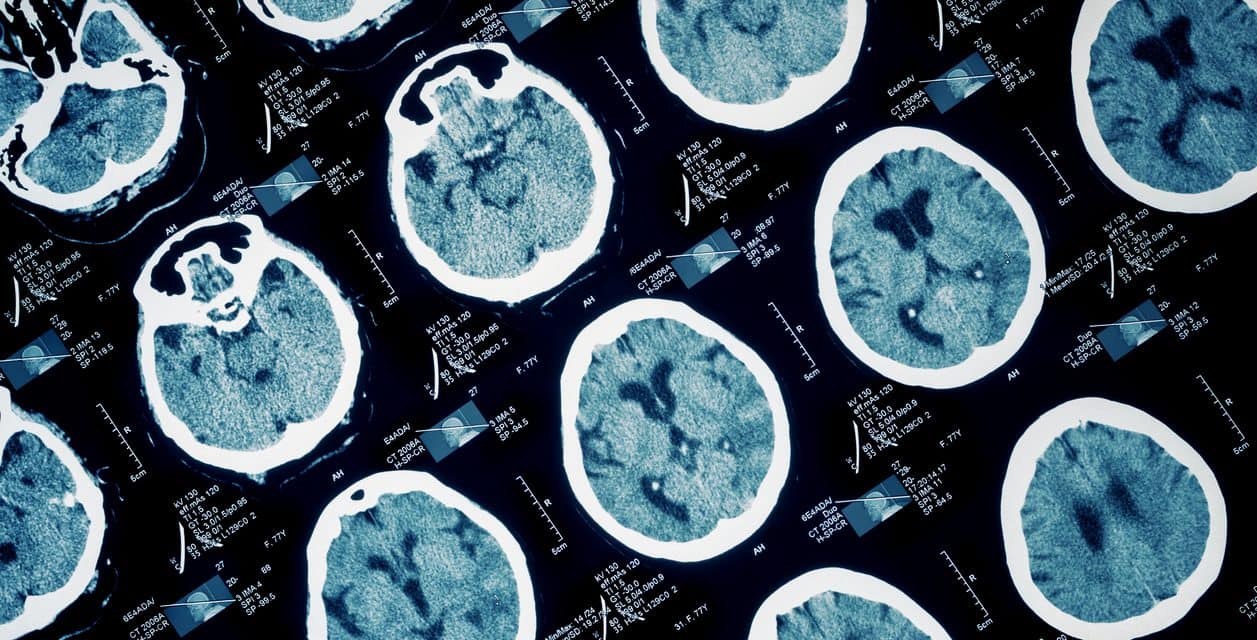
Consensus recommendations for assessing and treating functional neurological disorders (FND) involving communication, swallowing, breathing, and cough were published by an expert panel and focused on the role of speech and language therapists.
Conditions addressed included dysphonia, dysfluency and language and articulation disorders, swallowing disorders such as dysphagia and globus, cough, and upper airway symptoms.
“Functional communication, swallowing and other upper airway-related (e.g., cough and breathing) disorders occur when there is a loss of voluntary control or altered sense of self-agency (the subjective experience of controlling one’s own actions) over the initiation, inhibition, and maintenance of the functions involved in speech, voice, language, swallowing, breathing, or cough,” wrote Laura McWhirter, PhD, of the University of Edinburgh in Scotland, and co-authors in the Journal of Neurology, Neurosurgery and Psychiatry.
“As a result, there often is inconsistency between voluntary functions, which become inaccessible or excessively effortful, and automatic functions, which are usually preserved,” McWhirter and colleagues noted.
“The symptoms of functional disorders are genuinely experienced and involuntary,” they added. “A range of biological, psychological and social predisposing, precipitating and perpetuating factors are recognized.”
The guidelines presented comprehensive outlines and suggestions for:
- Biological, psychological, and social risk factors.
- Positive clinical features of these disorders, including symptoms that are inconsistent with clinical and other evaluations, internally inconsistent, or associated with inefficient/non-ergonomic movement patterns, including struggle behaviors.
- Demonstration of clinical signs indicating that the putatively non-functioning ability is under some circumstances possible.
- Explaining the diagnosis.
- Explicit treatment guidelines for voice disorders, dysfluency/stuttering, and articulation disorders.
FND is diagnosed on the basis of positive clinical features of internal inconsistency, not by exclusion of structural damage or disease, the authors emphasized. “Importantly, the presence of ’structural’ pathology does not exclude an FND diagnosis, which can be comorbid with structural or neurological disease, possibly representing ’functional overlay,’ and can be identified on the basis of positive clinical features,” they wrote.
“Comorbid structural pathology should be excluded early in the diagnostic process (with appropriate investigations, when necessary), even when a functional diagnosis seems likely,” they added.
“Convergent with published consensus recommendations for physiotherapy and occupational therapy in FND, this article expands the therapeutic toolkit for the management of functional neurological symptoms,” noted David Perez, MD, MMSc, of Massachusetts General Hospital in Boston, in an accompanying editorial.
“The importance of the initial consultation by the speech and language professional is emphasized, highlighting that early rapport building to aid a positive patient experience is crucial,” Perez pointed out.
“While treatment duration varies across patients, general therapeutic principles include (among other techniques) the identification of symptomatic behaviors, introducing strategies to facilitate automatic movements, and extending instances of therapeutic success towards more relevant and meaningful activities,” he added.
A review published in 2016 estimated that 3% of people with acquired communication disorders who were referred to a speech pathology department had functional disorders. “This is an area in which some and perhaps many speech and language professionals have felt unsure or underprepared when asked to provide treatment,” but their skill set and practice environment actually allows them to make major contributions to diagnosis and effective treatment, McWhirter and co-authors noted.
“Most patients referred with functional disorders of communication, swallowing and cough can benefit from speech and language therapy, often substantially/dramatically and sometimes rapidly,” they wrote. “Many achieve some improvement or even elimination of one or more, and sometimes all of their symptoms during the initial consultation.”
In some circumstances, starting or continuing symptomatic therapy is less likely to be successful or may be inadvisable, the authors observed, including the following:
- Patients with transient, unpredictable, or highly variable symptoms across settings.
- Situations where improving symptoms will lead to a return to what may be an unsafe or ’futile’ work environment or domestic situation.
- Unresolved litigation related to symptoms.
- Severe psychiatric comorbidity.
- Other severe FND symptoms such non-epileptic seizures, dissociative states, severe pain, or fatigue.
- Patients who doubt the diagnosis of FND or have little trust in the therapist’s ability to help them resolve symptoms.
The consensus recommendation panel included representatives from neuropsychiatry and neurology, plus 18 speech and language professionals from the U.K., U.S, Germany, and Australia with clinical experience in treating patients with FND. Recommendations drew on published evidence where available. Where empirical evidence was sparse, the approaches recommended were those the authors had found useful in their own clinical practice.
The dominance of a small number of countries on the consensus panel and potential for bias related to the authors’ interests may be a limitation, McWhirter and colleagues noted. “Future work might helpfully take a more widely international approach to identify key research priorities,” they wrote.
-
Consensus recommendations for assessing and treating functional neurological disorders (FND) involving communication, swallowing, breathing, and cough were published by an expert panel.
-
Recommendations focused on the role of speech and language therapists. Conditions addressed included dysphonia, dysfluency and language and articulation disorders, swallowing disorders such as dysphagia and globus, cough, and upper airway symptoms.
Paul Smyth, MD, Contributing Writer, BreakingMED™
The authors did not declare a specific grant for this research from any funding agency in the public, commercial, or not-for-profit sectors.
McWhirter is funded by a University of Edinburgh Clinical Research Fellowship funded philanthropically by Baillie Gifford.She provides independent medical testimony in court cases regarding patients with functional disorders.
Perez received honoraria from Harvard Medical School for continuing education lectures on functional neurological disorder and is on the editorial board of Epilepsy & Behavior.
Cat ID: 130
Topic ID: 82,130,730,130,192,146


